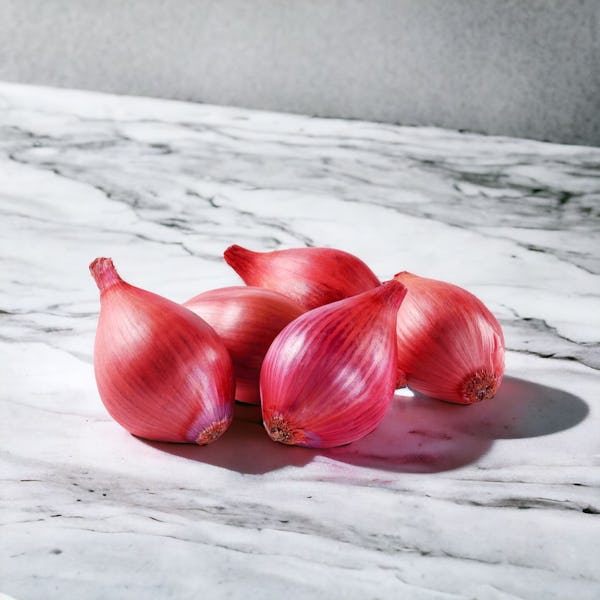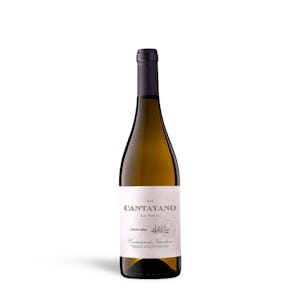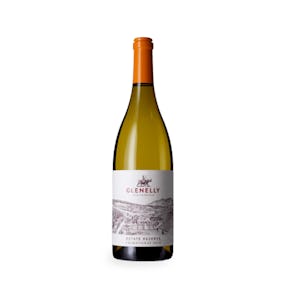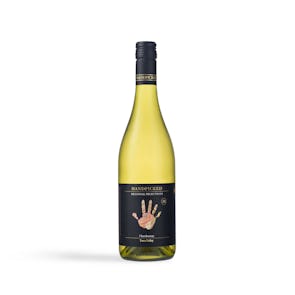
French Air-Flown Shallots
For Gourmet Enthusiasts
(Monday Feb 09 , 2026)
Tasting Notes from the Curator
French shallots showcase a multifaceted taste profile that stands out in the Allium family. Their aroma is gentle, offering a subtle sweetness that becomes more pronounced when cooked. Hints of spiciness and earthiness add complexity, setting them apart from regular onions. When raw, shallots have a sharp yet balanced flavor—spicy, sweet, and refreshing—without the harsh pungency of garlic. Cooked shallots transform dramatically, revealing a delicate sweetness and richly savory umami akin to caramelized onions. They grow tender and creamy, with a nuanced garlic-like flavor that mellows their raw pungency. The versatility of French shallots, from their crisp and juicy texture when raw to their creamy, tender, and sticky caramelized state when cooked, elevates them to a staple ingredient in high-end kitchens.
Pairings & Suggestions
Raw Applications
Add a crisp and mildly sweet bite to salads with finely chopped shallots. Enhance your dressings by blending minced shallots with olive oil, vinegar, mustard, and herbs for a classic French vinaigrette. Add finely chopped shallots to guacamole for a mild onion flavor or incorporate them into bruschetta for a sophisticated twist.
Cooked Applications
Sauté shallots with meats like poultry, beef, and pork, or vegetables such as green beans and mushrooms for a savory depth. Roast them to achieve a creamy texture and natural sweetness as a superb side dish or garnish. In lentil stews or Southeast Asian curries, shallots add an unmatchable depth of flavor. Integrate sautéed shallots into pasta sauces like carbonara or stir-fries for a subtle yet complex taste.
Food Pairings
Shallots pair harmoniously with vegetables such as beets, tomatoes, mushrooms, and green beans, creating a balance between sweetness and earthiness. Complement poultry and beef with shallots to elevate the dish’s flavors. When used with cheeses like Parmesan, Mozzarella, and Manchego, shallots add a distinct edge, while pairing seamlessly with herbs such as parsley, thyme, rosemary, and tarragon. Enhance your dining experience further by pairing shallot-infused dishes with a rich beer.
From Ashkalon to Gourmet Kitchens: The Shallot’s Journey
The name ‘shallot’ originates from the ancient port city of Ashkalon, now Ashkelon in modern-day Israel. During the Crusades in the 11th century, Crusaders encountered these flavourful bulbs and carried them back to Europe. Renowned for their delicate yet complex flavor, shallots became an integral part of European cuisine, particularly French cooking. French culinary tradition holds shallots in high esteem; they are often called the ‘little black dress’ of cooking for their versatility and ability to enhance other ingredients without overpowering them. This historical and linguistic journey underscores the cultural and culinary significance of shallots, making them a treasured ingredient across the globe.
Storage Instructions
Store air-flown French shallots in a cool, dry, and dark place with good air circulation. Optimal storage conditions are between 32°F (0°C) and 40°F (4°C) to preserve their unique flavors and nutritional value while avoiding refrigeration. Ensure low humidity (60-70%) to prevent mold and rot. Use mesh bags, paper bags, or baskets to allow proper ventilation and avoid plastic bags. Regularly inspect for spoilage and remove any affected shallots.






